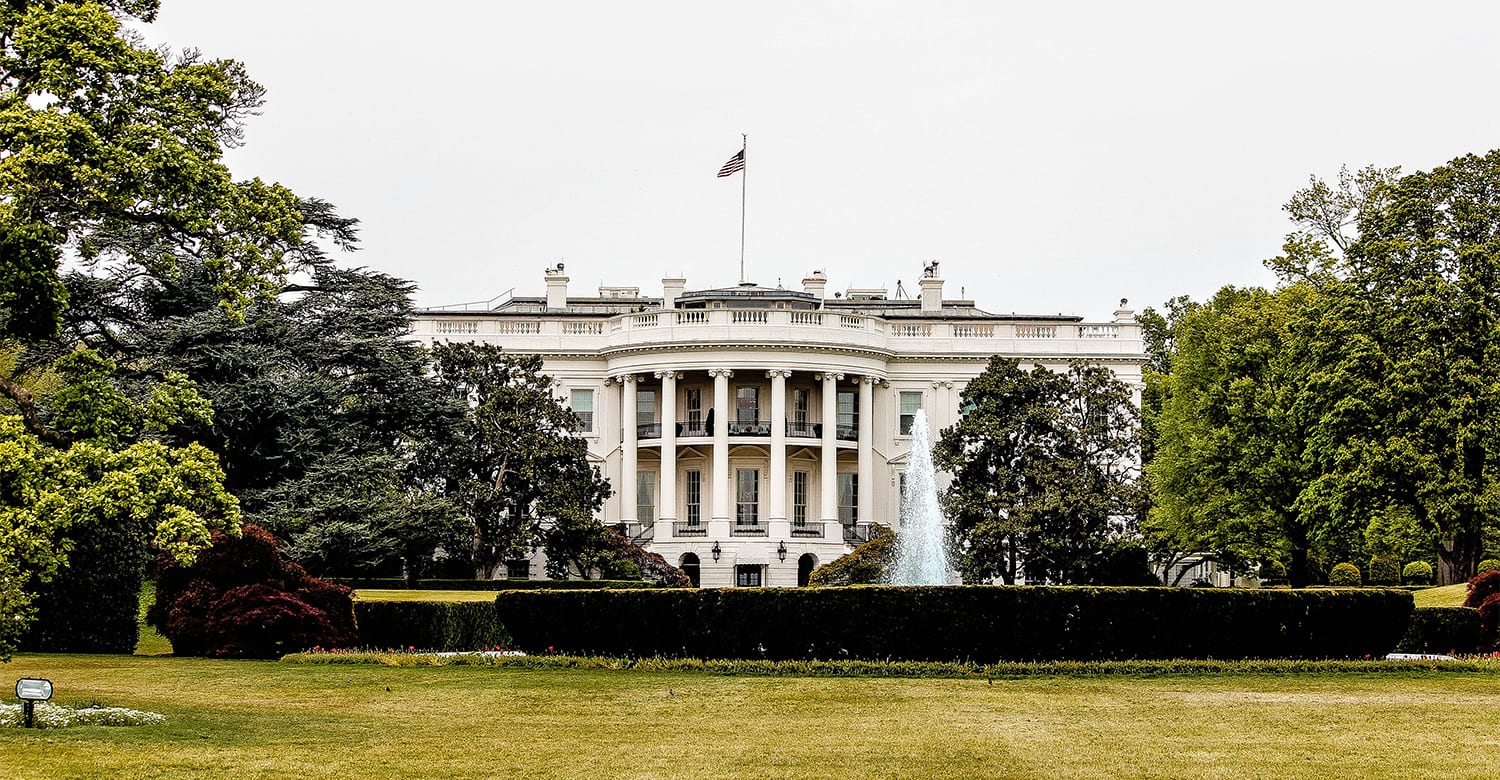Update: As of 16 August 2022 the federal tax credit for solar has been extended. This article has been updated to show the new rates.
US Solar Industry advocates strive for change in a new era of the United States Government.
With only weeks left until President-Elect Joe Biden takes oath as the 46th President of the United States, the Solar Energy Industries Association (SEIA) has created a 100-day agenda to help guide the solar industry over the next decade. The SEIA is focusing on three main principles – clean energy targets, infrastructure, and open markets. Their recently updated web page titled The Solar Vision for 2021 & the 117th Congress states,
“To lay the foundation for a strong clean energy economy that prioritizes equity and environmental justice, the solar industry proposes an agenda organized around three strategic principles:
- Achieving clean energy goals & developing comprehensive carbon policy
- Investing in clean energy infrastructure and the workforce needed to build it
- Ensuring markets are competitive & remain open to clean energy.”
While hopes of a national clean energy standard or any form of carbon legislation may be dashed if the Republican party keeps control of the US Senate, the SEIA remains optimistic that there could be bipartisan support of solar incentives in a COVID-19 stimulus package.

SEIA’s Solar Vision for 2021 also highlights the federal Investment Tax Credit (ITC), making this a top priority during the Joe Biden presidency. In 2015, Congress passed a multi-year extension of the ITC. Currently, a 30% tax credit for solar systems on residential and commercial properties, and though it was looking grim regarding an extension, Congress passed broad end-of-year legislation that includes significant benefits for solar energy. The full legislative package combines a $900 billion COVID-19 relief package and an omnibus spending bill that includes a two-year extension of the solar Investment Tax Credit. According to SEIA, “the residential and commercial solar ITC has helped the U.S. solar industry grow by more than 10,000% since it was implemented in 2006, with an average annual growth of 50% over the last decade alone,” making this extension of the program paramount to the solar industry’s continued growth.
“The organization is also placing significant emphasis on reversing the Trump administration’s solar trade policies,” SEIA President Abigail Ross Hopper said. With this, solar advocates across the country will be looking to the Biden administration to hold true to their campaign promises of a green future.
For a full list of SEIA’s legislative goals, visit https://www.seia.org/research-resources/solar-vision-100-day-agenda-2021-117th-congress
About the Solar Energy Industries Association:
The Solar Energy Industries Association® (SEIA) is leading the transformation to a clean energy economy, creating the framework for solar to achieve 20% of U.S. electricity generation by 2030. SEIA works with its 1,000 member companies and other strategic partners to fight for policies that create jobs in every community and shape fair market rules that promote competition and the growth of reliable, low-cost solar power. Founded in 1974, SEIA is a national trade association building a comprehensive vision for the Solar+ Decade through research, education, and advocacy.
